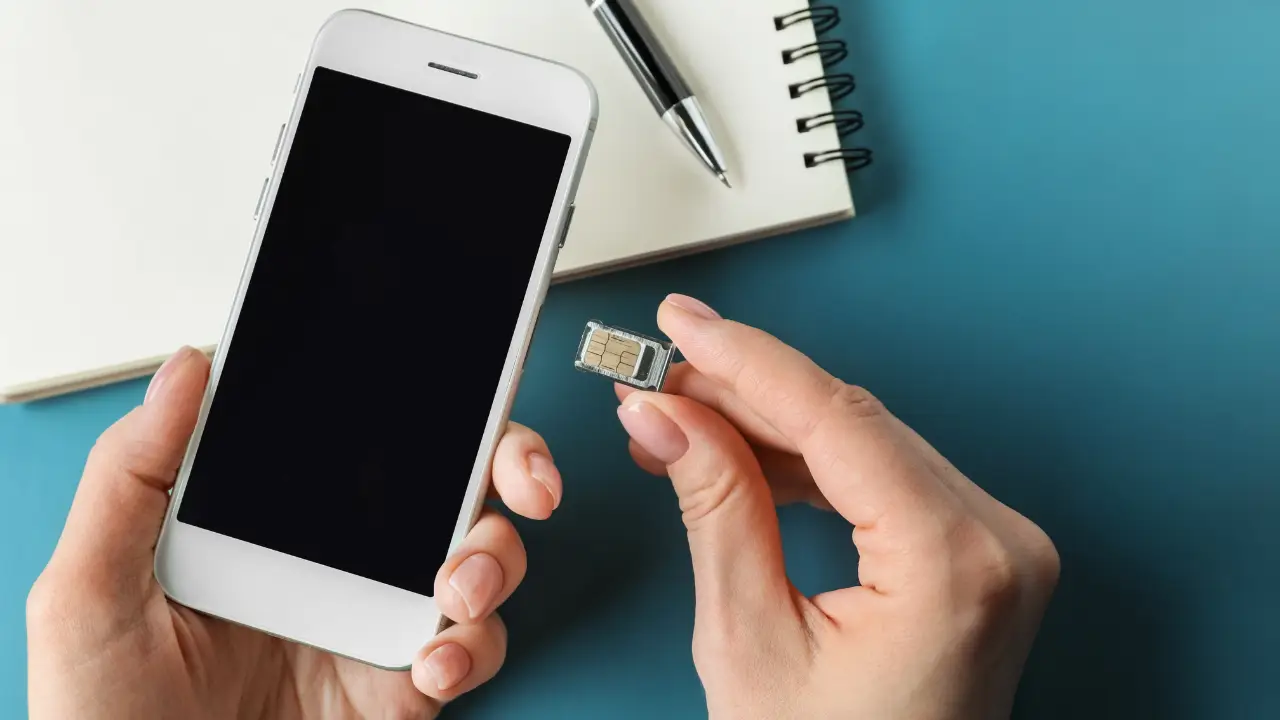Advantages And Disadvantages Of Using A Sim Lock
SIM lock is a feature that is commonly used by mobile phone manufacturers to restrict the use of a phone to a specific carrier or network. While this feature can offer some advantages to users, such as providing discounted or subsidized devices, it also comes with several disadvantages. In this article, we will explore the advantages and disadvantages of using a SIM lock and provide insights on whether this feature is suitable for you.
What Are The Disadvantages Of SIM Lock?
While there are some advantages to using a SIM lock on a mobile phone, there are also several significant disadvantages. Here are ten potential drawbacks of using a SIM lock:
- Restricts users from switching carriers or networks, limiting flexibility and convenience.
- Limits the resale value of the device, making it more difficult to sell or trade in.
- This May result in additional fees to unlock the device or obtain a code to do so.
- Limits consumer choice and competition in the market by discouraging users from purchasing devices from unfamiliar carriers.
- This can make it more difficult to travel internationally, as users may need to purchase a new device or carrier plan.
- Limits the ability to use local carrier services when traveling abroad.
- Makes it more difficult to use a device with prepaid SIM cards or temporary plans.
- This can result in higher overall costs due to limited carrier options and locked-in pricing.
- May prevent users from taking advantage of new features or services offered by other carriers.
- This can create confusion or frustration for users who are not aware of the SIM lock or its limitations.
What Are The Advantages Of SIM Lock?
While there are several disadvantages to using a SIM card lock on a mobile phone, there are also several advantages. Here are ten potential benefits of using a SIM lock:
- Provides a discounted or subsidized device to users who sign up for a carrier plan.
- Ensures that the device is only used with a specific carrier, which can prevent theft or unauthorized use.
- Can provide additional security for users by restricting access to the device.
- This may result in better network coverage or service quality due to the carrier’s infrastructure.
- Can provide access to exclusive carrier services or features that may not be available on other networks.
- Simplifies billing and payment processes by consolidating all charges with one carrier.
- Provides better support and customer service options through the carrier.
- May offer lower overall costs for users who take advantage of bundled carrier plans or services.
- Provides a consistent user experience for users who are familiar with a specific carrier or network.
- This can result in more reliable and consistent network performance due to the carrier’s control over the device and network access.
What Happens When SIM Card Lock Is On?
When a SIM card lock is enabled on a mobile phone, it means that the phone will only work with a specific carrier’s SIM card. If the user tries to use a different SIM card from another carrier, the phone will not recognize it and will not be able to connect to the network.
In other words, the SIM card lock acts as a security feature that restricts access to the phone’s network to only the approved carrier. This can help prevent unauthorized use of the phone or theft. To enable or disable a SIM card lock, the user must usually enter a PIN or PUK code provided by the carrier.
The PIN code must be entered every time the phone is turned on or restarted, and it must also be entered if the user wants to change the SIM card in the phone. This adds an extra layer of security to the device and the user’s account.
Should You Keep Your SIM Card Locked?
Whether or not to keep your SIM card locked is a personal decision that depends on your individual needs and preferences. If you are concerned about security and want to prevent unauthorized access to your phone and account, then keeping your SIM card locked may be a good option for you.
This can help prevent someone from using your phone if it is lost or stolen, or from making unauthorized calls or accessing your personal data. On the other hand, if you frequently switch carriers or travel internationally, then using a SIM card lock may be inconvenient, as it will limit your ability to use other carriers’ SIM card
Additionally, if you tend to forget your PIN or PUK code, then enabling a SIM card lock may lead to frustration and potential lockouts. Ultimately, it is up to you to weigh the benefits and drawbacks of using a SIM card lock and decide whether it is worth it for your particular situation. If you do choose to use a SIM card lock, make sure to keep your PIN and PUK codes in a safe place and avoid sharing them with others.
Can SIM Lock Be Removed?
Yes, a SIM lock can be removed in several ways. The most common way to remove a SIM lock is to contact the carrier that issued the lock and request an unlock code. The carrier may require the user to meet certain eligibility criteria, such as completing the terms of a contract or paying off any outstanding balances on the account, before providing the unlock code. Another option is to use a third-party unlocking service or software, which can generate unlock codes for a fee.
However, it is important to note that using third-party unlocking methods can potentially void the phone’s warranty and may not be legal in some countries. Finally, some phone models may allow users to enter a special code or sequence to unlock the SIM card. This code is often provided in the phone’s user manual or can be obtained by searching online for the phone model and “SIM unlock code.”
It is important to note that removing a SIM lock without authorization or using unauthorized methods may be illegal and could potentially harm the phone or the user’s account. It is always best to follow the proper procedures and obtain the necessary permissions before attempting to remove a SIM lock.
Conclusion
In conclusion, SIM locks have both advantages and disadvantages. The main advantage of a SIM lock is that it can protect the carrier’s investment in the phone and prevent theft or misuse of the device. It can also make it easier for users to obtain subsidized or discounted phones.
However, the disadvantages of SIM locks include limiting the user’s ability to switch carriers, potentially increasing the cost of phone service, and restricting the use of the phone abroad. Additionally, SIM locks can be frustrating for users who want to change carriers or travel internationally. Ultimately, whether or not to use a SIM lock depends on the user’s priorities and needs













